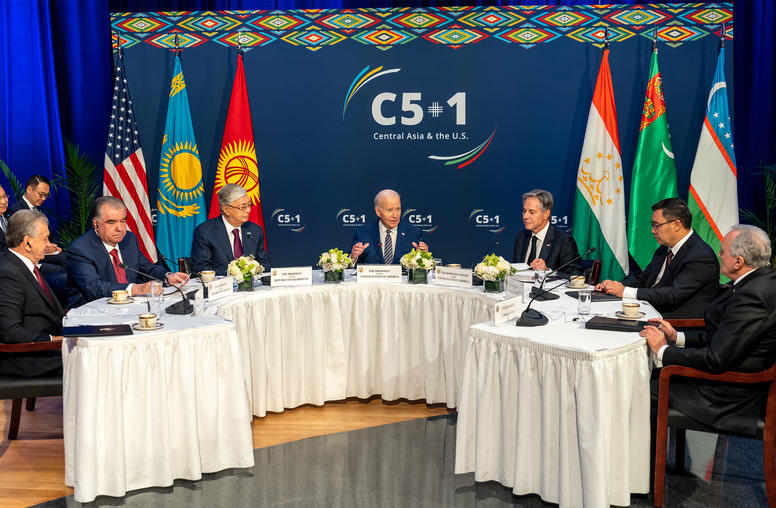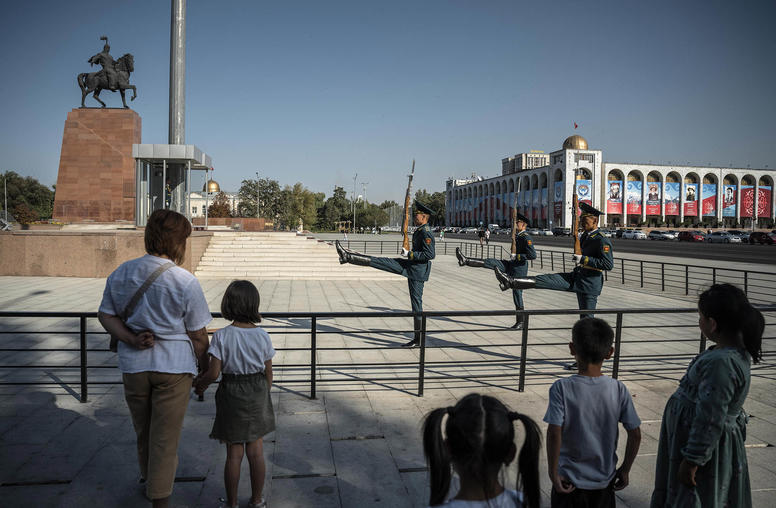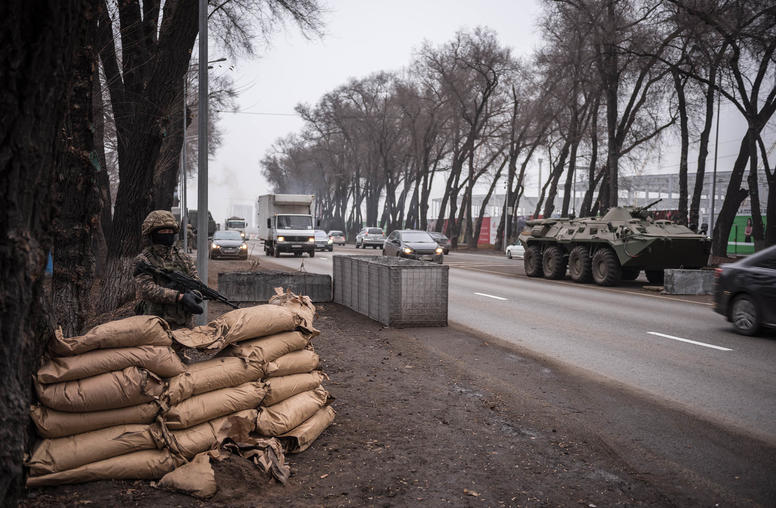Trainers Ted Feifer and Jacki Wilson held a workshop on negotiation and conflict management skills for 35 businesswomen from Uzbekistan, Kazakhstan, Tajikistan and Kyrgyzstan, in partnership with the Business Women’s Association of Uzbekistan, in Tashkent, October 20-22, 2004. The workshop was opened by the Deputy Prime Minister of Uzbekistan, Svetlana Inamova, whose portfolio includes women's issues.


 Participants’ professional affiliations included women’s business associations, government, economics, education, medicine, media, business, and youth/social work. There was a good mix of ethnic groups. They ranged in age from mid-20s to 50s. The level of education was high; almost all had attended college or university. Many were involved in civil society, in addition to business. The youngest participant ran an outreach program in AIDS/gender education for Uzbek military men. Others worked on women’s rights, income generation and education in the rural sector.
Participants’ professional affiliations included women’s business associations, government, economics, education, medicine, media, business, and youth/social work. There was a good mix of ethnic groups. They ranged in age from mid-20s to 50s. The level of education was high; almost all had attended college or university. Many were involved in civil society, in addition to business. The youngest participant ran an outreach program in AIDS/gender education for Uzbek military men. Others worked on women’s rights, income generation and education in the rural sector.
This was the first exposure of most participants to interactive and exercise-based training. For many, it was also their first study of negotiation and conflict management. The overall reaction to the workshop’s content, as stated by one participant, was that: “Everything I got from the workshop will be valuable to me in my work.” Others emphasized the practical value of the training: “The Seminar will be very useful in using the knowledge obtained in working with partners, business development, settling problems, and negotiations.”



